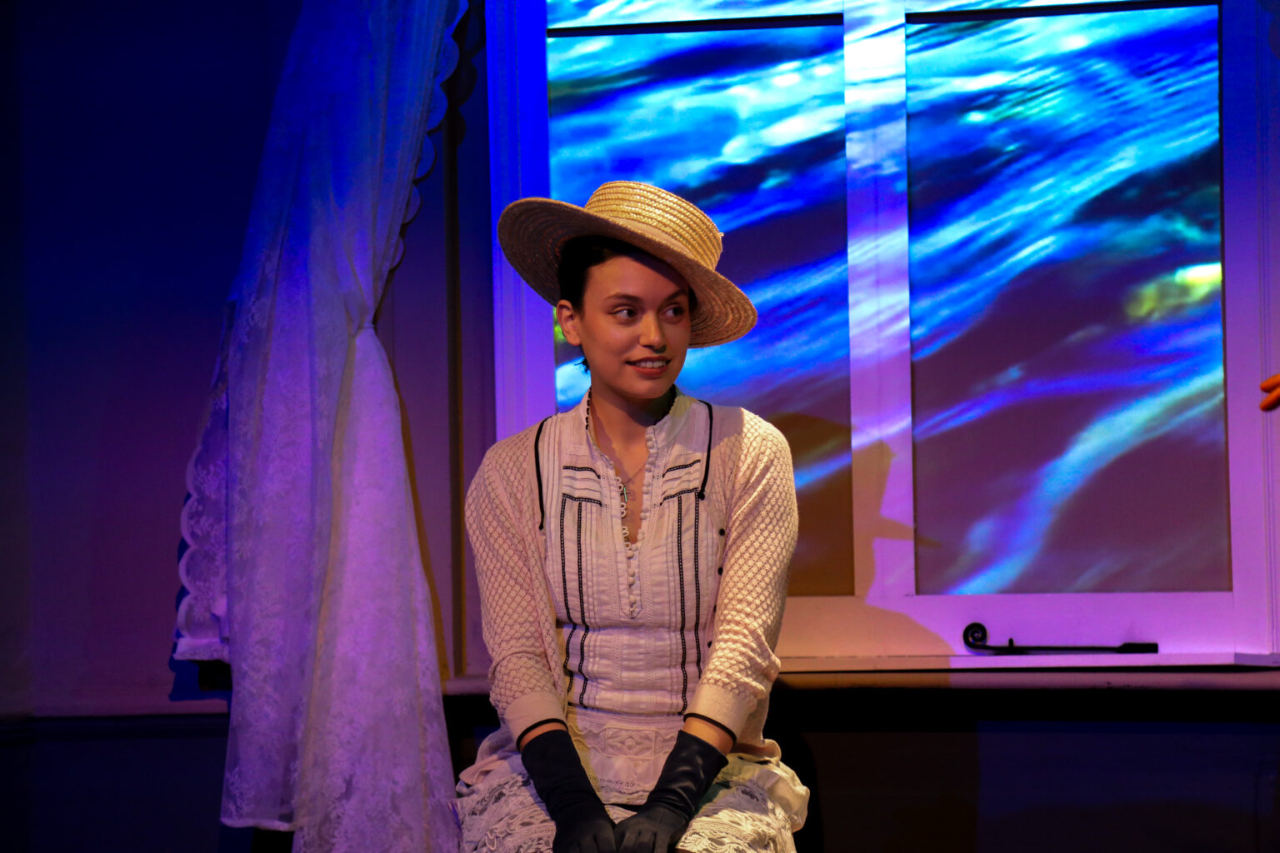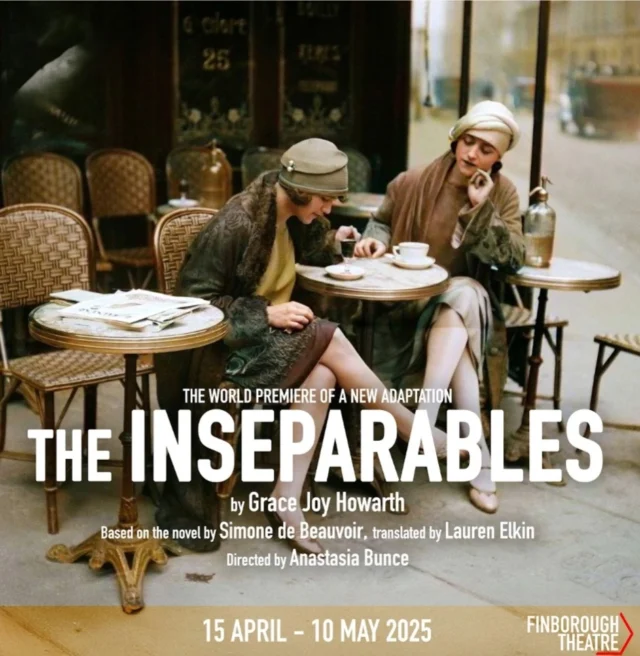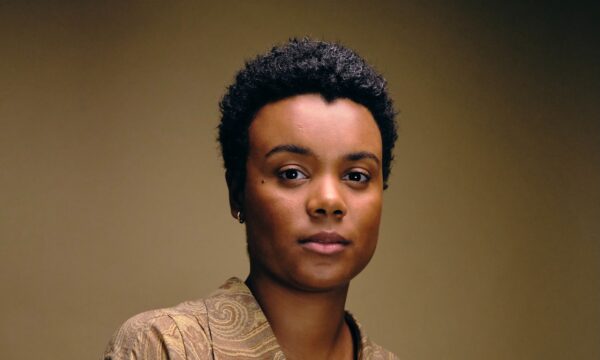The Inseparables at Finborough Theatre

Based on Simone de Beauvoir’s unpublished novel, The Inseparables explores the intensity of female friendship and the line at which this bond melds into lust. The titular inseparables are Sylve (Ayesha Ostler) and Andrée (Lara Manela), who meet at the age of nine at boarding school. Almost immediately, Sylve becomes besotted by her peer, in awe of her advanced intellect and athletic agility. In Act One, we see the friends bonding over their love of literature, testing authority and pushing the limits of acceptability against the backdrop of WWI. But Sylve is also battling her own war, harbouring a deep, unrequited love for her friend.
Unsurprisingly for a play based on the writings of de Beauvoir, there is an existential undercurrent throughout. As the daughter of a deeply religious mother (a commanding Caroline Trowbridge), Andrée is pious to the point of terror, fearing that God will punish her for her transgressions (though, as she acknowledges, she hasn’t really transgressed at all). Though Sylve ponders the meaning of existence in Act One, she finds that these apprehensions dissipate entirely once she is reunited with Andrée. This, Sylve concludes, means that she has not been struggling with some irrational existential dread; rather, she has come to realise that Andrée is the reason for her existence.
In Act Two, the inseparables are young adults navigating the 1920s, yet Sylve’s obsession with Andrée remains intense and unspoken. Anastasia Bunce’s production, though minimalist, evocatively paints a portrait of Sylve’s sapphic desires. Objects are carefully and purposefully placed around the stage, such as a painting of a peach (Sylve mentions early on that a mere mention of the fruit causes Andrée to shiver involuntarily). A clever juxtaposition of jazz and choral music underscores Andrée’s entrapment at the hands of religious devotion, in contrast to the freedom that atheism affords Sylve.
Grace Joy Howarth’s play is loosely based on de Beauvoir’s relationship with Elisabeth “Zaza” Lacoin. These experiences evidently informed the French philosopher’s most famous work, The Second Sex, in which she argued that a woman is not born, but created. In The Inseparables, Andrée has her life mapped out by her controlling mother, with Sylve desperately trying to unshackle her friend. Despite these themes, the patriarchy is merely a spectre rather than a key player here, a decision that is all the more jarring considering de Beauvoir’s credentials as the mother of second-wave feminism. Similarly, the LGBTQIA+ themes are oddly diluted; Sylve becomes so consumed with being part of Andrée’s identity that she ends up neglecting her own. However, Ostler and Manela have a giddy chemistry that is unmistakable, and both actors throw themselves completely into their respective roles. Meanwhile, Alexandre Costet-Barmada offers some comic relief as a series of hapless male characters.
A heartfelt rumination on female companionship, The Inseparables does a commendable job of lifting de Beauvoir’s work from the annals. With a stellar cast and congruous stylistic choices, it’s a well-meaning tribute to one of literature’s most enigmatic figures.
Antonia Georgiou
Photos: Photos by AJ Halsey and Melanie Silva
The Inseparables is at Finborough Theatre until 10th May 2025. For further information or to book, visit the theatre’s website here.


























Facebook
Twitter
Instagram
YouTube
RSS